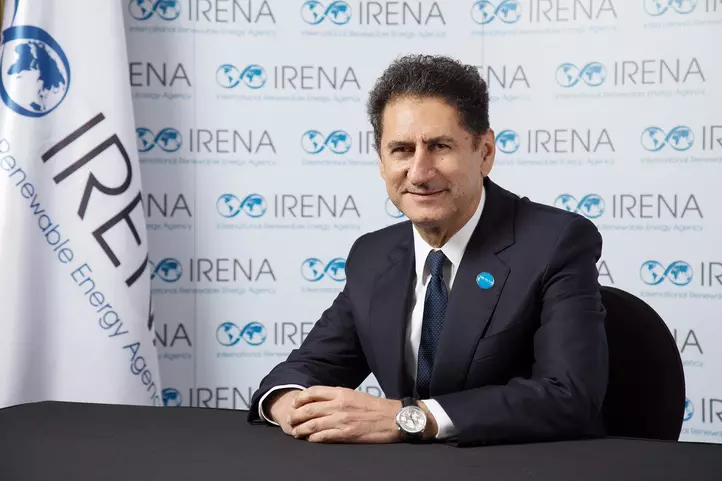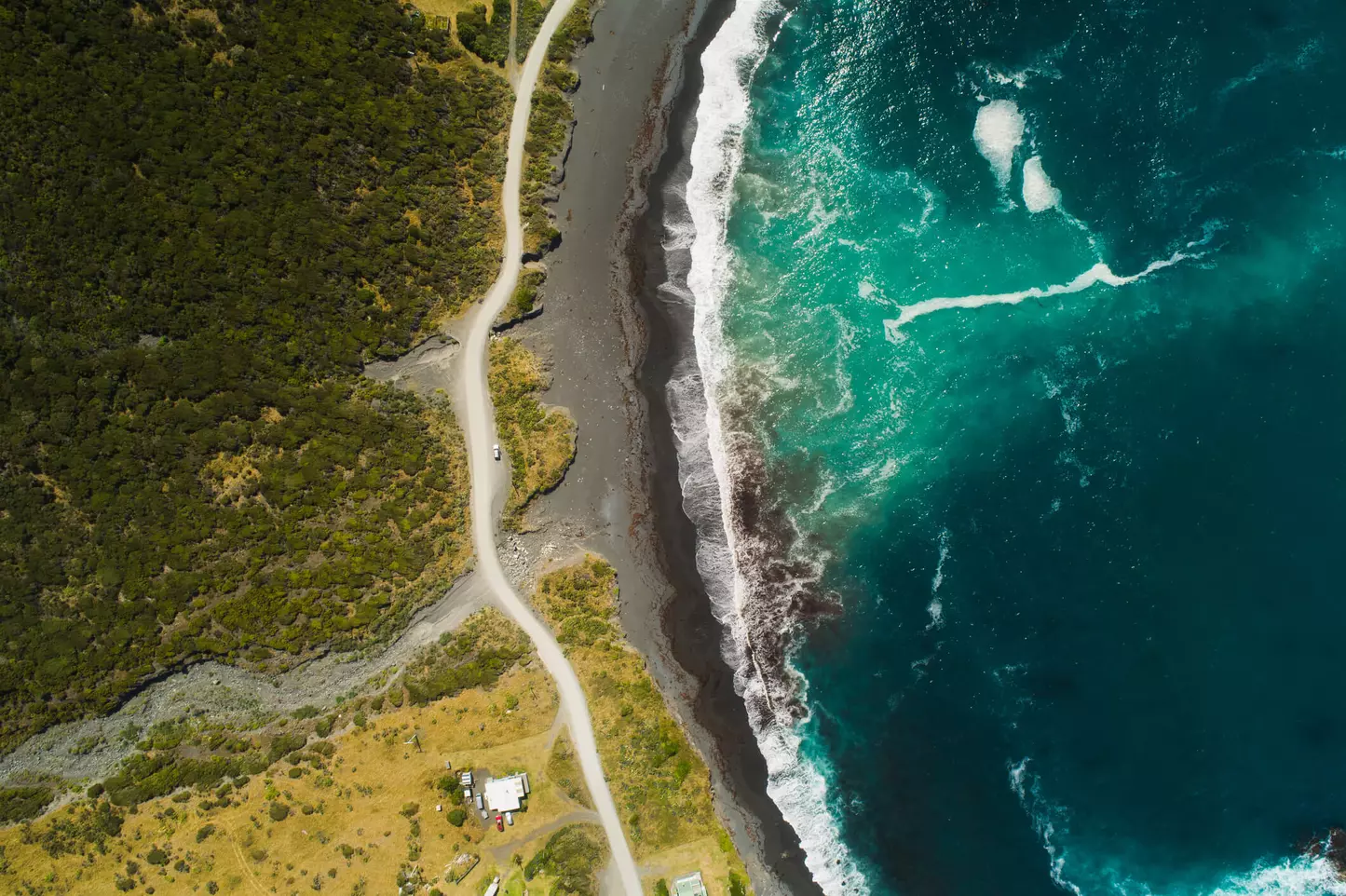“Global Days” are in-depth conferences promoted by the Directorate General for Global Affairs (DGMO) of the Italian Ministry of Foreign Affairs and International Cooperation (MAECI) aimed at disseminating knowledge and good practices on global issues.
Last December 18th took place the official launch of “I ACT”, a training program for young climate leaders organized in collaboration with the International Renewable Energy Agency (IRENA), dedicated to Piero Angela. The initiative includes a first phase of "training of the trainers", performed by IRENA, based on a specific "toolkit".
Francesco La Camera (in the picture below, E.n.) is the Director General of IRENA since 2019. He was previously Director General of the Ministry for the Environment and the Protection of the Territory and the Sea where he acquired significant experience in the sectors of sustainable development, climate and energy. Among the positions held he was within the UNECE, Chairman of the signatory countries of the Aarhus Convention on access to information, citizen participation and access to justice in environmental issues and Chairman of the Group of experts on sustainable development.

Prof. La Camera, what's I ACT initiative for youth about climate change emergency?
“International Renewable Energy Agency is pleased to partner with the Government of Italy on the Italy IRENA action for climate toolkit “I ACT”. The launch of the I ACT initiative, which has been dedicated to Piero Angela, marked a very important point in this innovative collaboration which aims to build the capacity of young climate and energy leaders. As director general of IRENA, I think that involving groups in climate action and adjusting to sustainable energy transition is vital. Young people's voices, creativity and dedication will be the key for ensuring a sustainable planet for current and future generations. IRENA actively works with a global network of youth leaders and it has been clear to us that young people want to be involved and want to make a difference. Similarly, the youth4climate pre-COP 26 held in Milan also culminated in a demand ‘to empower people of all ages with the knowledge, skills, values and attitudes to address climate change’”.
Tell us more about the International Renewable Energy Agency - IRENA, please
“The IRENA is an intergovernmental agency with 167 member countries (plus the European Union) and represents a privileged forum for discussion on energy transformation issues, of which it acts as the main reference platform for international cooperation. The Agency aims in particular to support its members in their energy transition processes through the adoption and sustainable use of all forms of renewable energy, including bioenergy, geothermal, hydropower, ocean, solar and wind. Thus, IRENA contributes to the achievement of the goals of pursuing sustainable development, universal access to clean energy while ensuring energy security, shared prosperity and a climate-proof future”.
When was IRENA established?
“The International Renewable Energy Agency (IRENA) is an official United Nations observer, was founded in 2009 and is headquartered in Masdar City, Abu Dhabi. The first suggestions for an international renewable agency is based on the 1980 Brandt Report activities. NGOs and industry lobbying groups like Eurosolar, the World Council for Renewable Energy (WCRE) and the World Wind Energy Association have promoted IRENA since several decades. In 1990 the Austrian government of Franz Vranitzky suggested a renewables agency to the UN”.
When did IRENA start to operate?
“The Founding Conference of the International Renewable Energy Agency was held in Bonn, Germany, on 26 January 2009 and 75 countries signed the Agency's statute. The statute entered into force on 8 July 2010, 30 days after the 25th country deposited its instrument of ratification. The Founding Conference established the Preparatory Commission for IRENA, which consists of all signatory states. During the first session of the Preparatory Commission in Bonn on 27 January 2009, the signatory countries adopted criteria and procedures for selecting IRENA's Interim Director-General and its interim headquarters.
Who can be part of the IRENA?
“The IRENA membership requires that a state be a member of the United Nations and to regional intergovernmental economic-integration organizations. States that gain membership to IRENA must uphold the organization's statute to the best of its abilities. As of July 2022, 168 states and the European Union are members of IRENA, and a further 16 are in the process of accession”.
What’s the IRENA Coalition for Action?
“Since 2021, the IRENA Coalition for Action brings together leading renewable energy players from around the world with the common goal of advancing the uptake of renewable energy. The Coalition facilitates global dialogues between non-governmental and governmental stakeholders to develop actions to increase the share of renewables in the global energy mix and accelerate the global energy transition”.
How does the Abu Dhabi Fund work for Development and how do you cooperate?
“ADFD is a foreign aid agency established by the government of Abu Dhabi in 1971, in order to manage the foreign aid programs of the UAE. It’s a fund which provides concessionary loans to economic and social development projects.
The ADFD cooperates with IRENA to promote the rapid and widespread adoption of renewable energy. As of 2014, the ADFD has committed to providing US$350 million in concessionary loans to be disbursed through the IRENA/ADFD Project Facility over seven funding cycles. Loans from this program are solely for renewable energy projects in developing countries. IRENA's role is to recommend projects for final approval by the ADFD. Projects have been approved in Ecuador, Mali, the Maldives, Mauritania, Samoa, Sierra Leone, Argentina, Cuba, Iran, Mauritania and St. Vincent and the Grenadines. A diverse mix of energy sources including solar, hydropower, biomass, wind, and conventional-renewal hybrids were represented. During the first two cycles, US$1.5 billion in funding was requested”.
